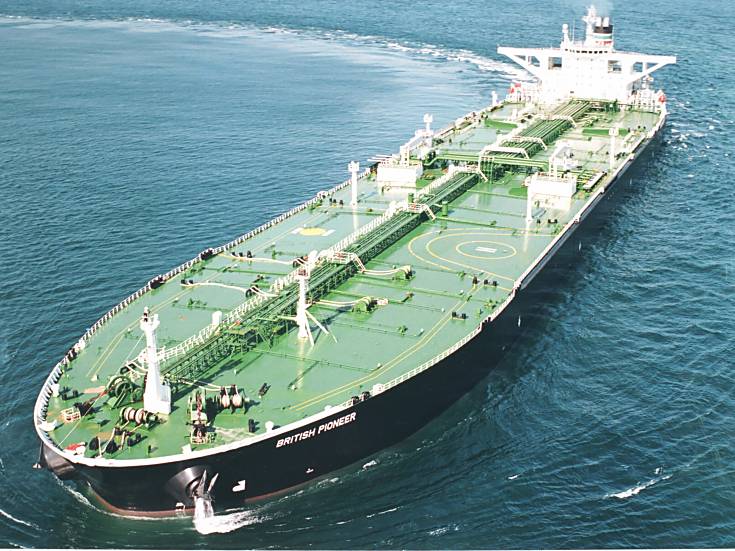
OpeOluwani Akintayo
Lagos — Nigeria’s crude oil and natural gas sector’s contribution to its Gross Domestic Product fell by 24.16 percent in 2020.
Data from the National Bureau of Statistics, NBS said the sector’s contribution dropped from N13.45tn in 2018 to N10.2tn in 2020, signifying a N3.25tn or 24.16 percent decrease.
Although the sector was the major contributor to the mining and quarrying sector with a share of 96.39 percent, while contributing N13.45tn to the GDP in 2018, its contribution dropped by N1.05bn percent to N12.40tn in 2019.
The sector, however, remained the major contributor to the mining and quarrying sector with a weight of 97.11 percent in 2019.
In 2020, the sector’s contribution was put at 93.95 percent- decreased by N2.2tn or 17.74 percent.
An OPEC report for the fourth quarter of 2020 said Nigeria’s oil and gas industry growth declined by 19.8 percent in the fourth quarter of 2020 compared with the same period in 2019.
The report showed that Nigeria’s real GDP grew by 0.1 percent year-on-year in Q4, 2020, following a 3.6 percent contraction in Q3, 2020, which was the first positive quarterly growth in the last three quarters amid the gradual return of economic activities.
“The non-oil sector expanded 1.7 per cent, recovering from a 2.5 per cent decline in 3Q,2020, mainly driven by growth in the telecommunications and information services sectors.
“Other important contributions came from the agricultural sector, which expanded by 3.4 per cent y-o-y in 4Q, 2020. Meanwhile, the oil sector dropped by 19.8 per cent y-o-y after a 13.9 percent y-o-y contraction in 3Q, 2020,” the report for May stated.
A report by Mordor Intelligence titled ‘Nigeria Oil and Gas Market – Growth, Trends, COVID-19 Impact, and Forecasts (2021 – 2026)’ stated that Nigeria as of 2020, had the largest oil and gas reserves in the African region, with around 37 million barrels of crude oil (36,910) and 5.5 trillion cubic meters of gas.
It further stated that certain factors such as attacks on oil and gas infrastructure and oil theft had negatively affected oil and gas production in Nigeria.
The report said, “Oil and gas production had been hampered in Nigeria in the past few years due to the attack on oil and gas infrastructure by militants.
“Furthermore, oil theft has been one of the major issues faced by the oil and gas market in Nigeria, which resulted in huge losses to operating companies in the country.”
It added that lack of infrastructure, uncertainties in regulations, and security issues had further led to the underutilisation of the country’s refining capacities, making Nigeria a net importer of refined petroleum products.



